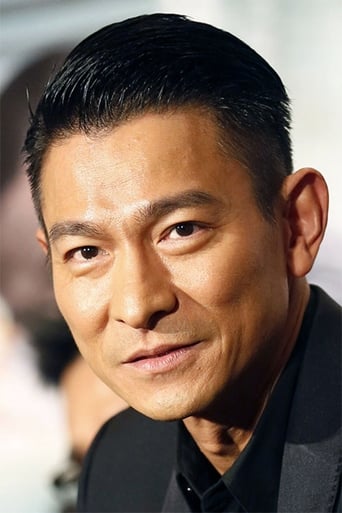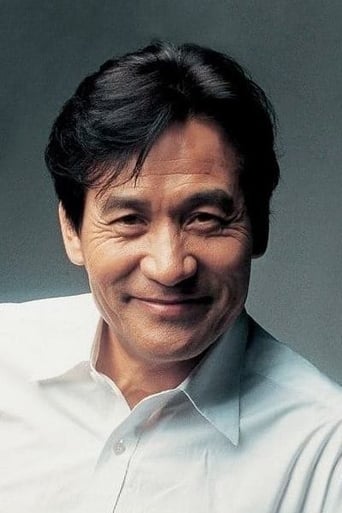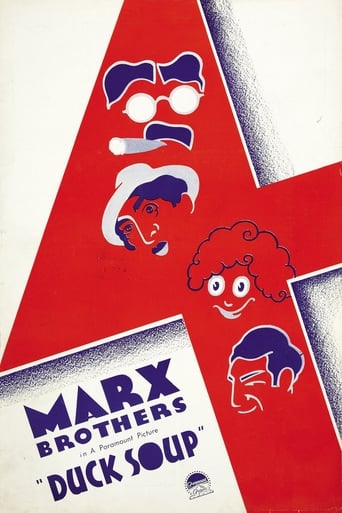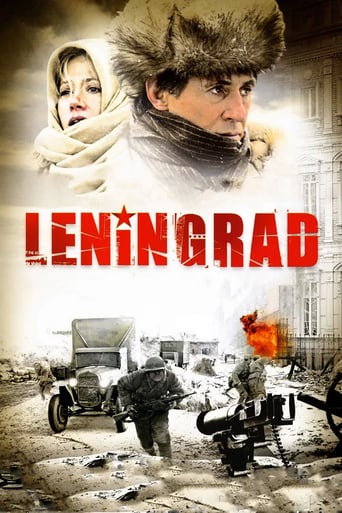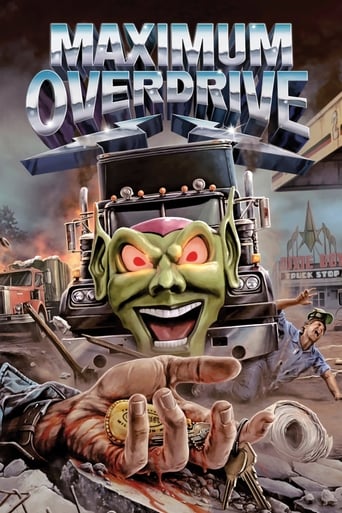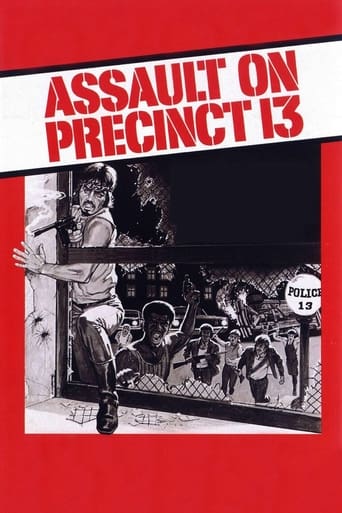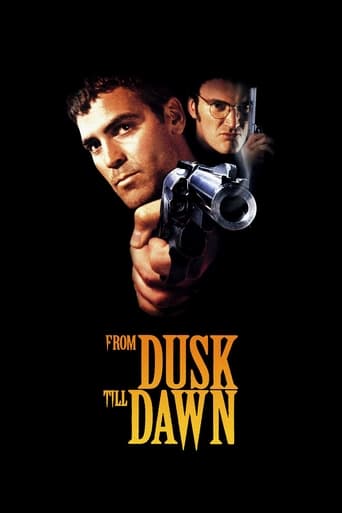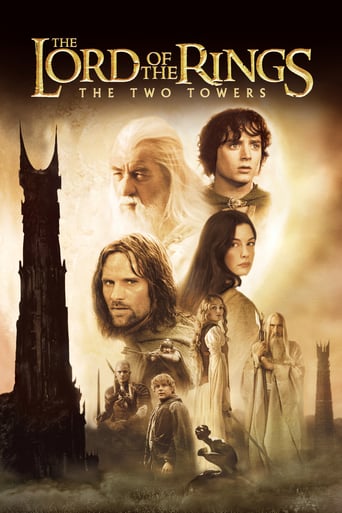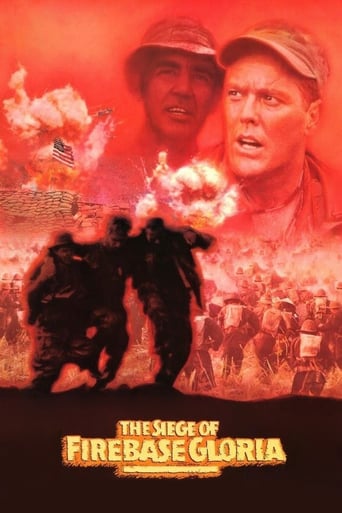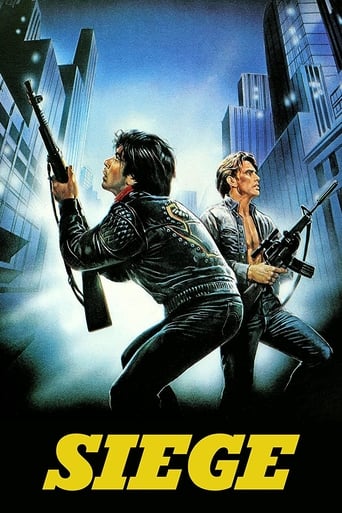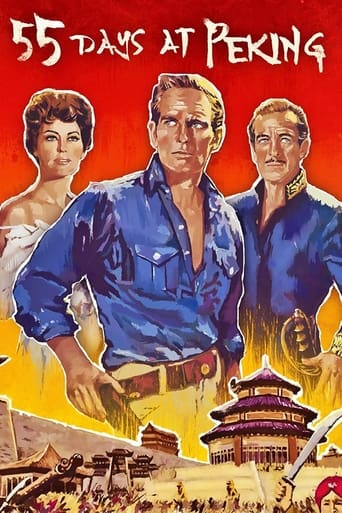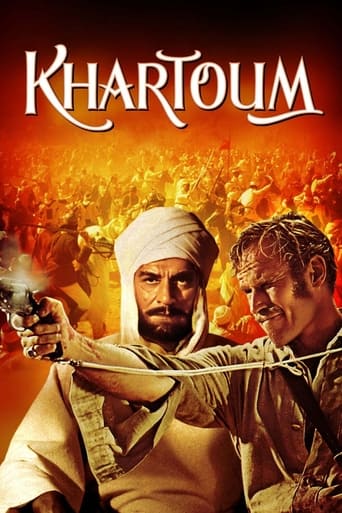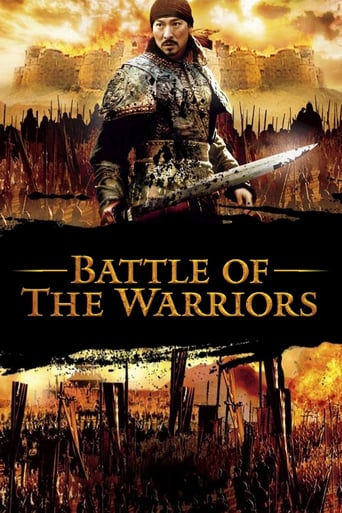
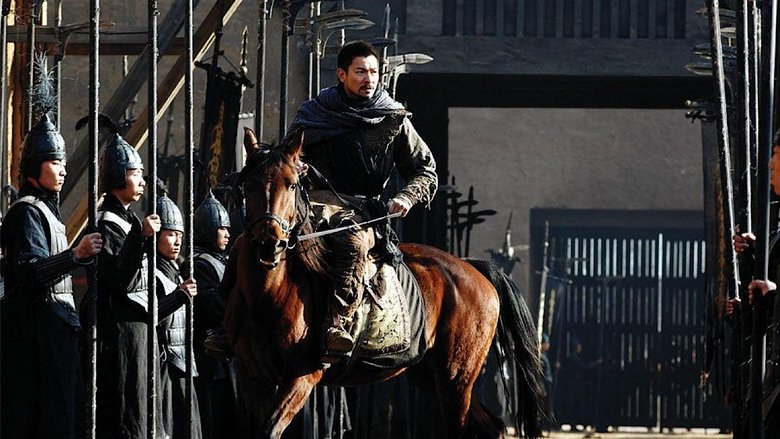
Battle of the Warriors (2007)
In 370 B.C, China was separated as seven nations and several other small tribes, one of these being the city state of Liang. The nation of Zhao is led by the terrifying Xiang Yangzhong who orders his troops to conquer the small city. Leaping to the defense of the people of Liang is 'Ge Li' from the Mo-Tsu tribe, their last hope from the terrors of Yangzhong's troops.
Watch Trailer
Cast


Similar titles
Reviews
Around 500 BC, the four greatest civilisations in the world - Greece, Persia, India and China - had a flowering of philosophy, perhaps due to the spread of urbanisation.In Europe, Greek philosophers like Socrates, Plato and Aristotle lived, and schools like Stoicism, Cynicism, Platonism and Scepticism flourished.In the Middle East, mainly within Persia, but also conquered territories like Egypt and Judea, monotheism like Zoroastrianism and Judaism flourished.In India, some of the most sophisticated and rational systems of spirituality and psychology developed in Buddhism, Jainism, Ajivika and Vedic philosophy.In China, the 100 Schools of philosophy flourished, which included Confucianism, Taoism, Legalism - and Mohism - the latter being the subject of the film.While many cultural supremacists like to exaggerate the differences between countries, all of these philosophies fundamentally dealt with the same human condition, and shared a lot in common - for example, Stoicism and Buddhism were both intended as rational systems for coping with life and enhancing the mind - much of their wisdom revolves around acceptance that humans have limited power over the external world, so it is more rational to change oneself.Mohism, one of China's great contributions to human understanding, was suppressed by the first emperor of China when he burnt all the books of non-sanctioned ideologies (the Qin state followed Legalism) - and was further forgotten during the subsequent Han dynasty which promoted Confucianism - the ideology which remained the most influential in China, Korea and Vietnam.Surviving works were absorbed into the Taoist canon, and attempts to study Mohism are difficult thanks to it no longer being a 'living' tradition with an experienced lineage going back to it's founder. But what we do know, is that Mohism was similar to Buddhism and Christianity - a universalistic philosophy that believed in compassion toward all other humans. Mozi, it's founder, is said to have negotiated peace between kingdoms on the verge of war, and enhanced the fortifications of the kingdoms facing attack to dissuade violence.In this film, the protagonist is a Mohist tasked with defending a settlement during the Warring States period around 450 BC. Elements of Mohist philosophy are demonstrated in his actions, making it interesting film for anyone with inclinations toward learning. It is also a pretty good action film or drama, as other reviewers will point out.
An epic Chinese, Warring States period war film staring Andy Lau as warrior/philosopher Ge Li who encourages the state of Liang to defend itself against a more powerful neighboring state. Ge Li as a third party interloper represents the Mozi sect and their non-violent philosophy and defends the state of Liang to prevent greater carnage from the aggressive nation of Zhao. Helping to defend Liang, Ge Li must reconcile his philosophical beliefs with the messy realpolitik ambitions of Kingdom's leadership and also deal with the petty jealousy of less courageous rivals. Although this film is well made and Ge Li's dilemma is compelling, an entire ludicrous segment involving a female love interest detracts from the central theme and, in fact, seems like a gratuitous concession to commercial interests.
"Battle of Wits" seems to be based on a comic that is based on a famous period in the history of China! Everything in the movie looks authentic! The action is done as realistic possible! So no wire fu or any kung fu for that matter! This is not a martial arts movie! People who expect this will be disappointed! There is just enough action to make a point! The movie is indeed about strategy and tactics as the title suggests! Even when the pace of the movie is slow at times there are some surprises that will keep matters interesting! The love angle is beautifully done and not distracting at all! We have Andy Lau to thank for that because he really is superb as Ge Li! At first he is distant and passive like a monk! When he is explaining his philosophy to a slave he rescued, he realizes that he should show his love for Yi Yu (Bingbing Fan)! Also his prayer for peace is convincing! He is trying to avoid bloodshed as much as possible! When he is forced to kill a large number of enemy soldiers he begins to doubt whether he has taken the right action! This doubt makes him very human and very likable! He even makes an impact on the commander of the enemy troops! "Battle of Wits" is not without flaws! The battles are not that intense and massive as you would expect from a movie like this! And the pace is too slow at times! But in the end the result is that of a war epic with a very powerful message!
being a huge fan of the original Japanese manga version of the Muk Gong, i have a big expectation to see this movie, and it doesn't disappoint. whereas the original manga covers much deeper the Mo Jia theories and their developments and the meaning behind, the movie actually adapted the storyline splendidly (though some may find some scenes towards the end a bit incoherent, you will know if you have read the manga) and the movie focus more about the ethnics of war. A big tension about the film is that Ge Li (andy lau) has to use warfare strategies to spread his self-sacrifice/non-attack/cross-spectrum love ideals (i believe this is how a Chinese philosophy get closest to the Christian ideal), moreover his existence is only valid during war time period, this contradiction of Ge Li can actually explain the developments of the movie. the director Chi Leung Cheung spent more than 10 years to do this movie and andy lau said in interviews that without Cheung he wouldn't take the post of Ge Li, this movie is definitely not only about the visual, but the inner meanings of the now almost forgotten Mo Jia. Sometimes it makes you wonder how china would be like if Mo Jia (along with many more other Jias; Jia = schools of thought) were not abandoned... i recommend all those who like the movie to check out the manga and novel as well...


